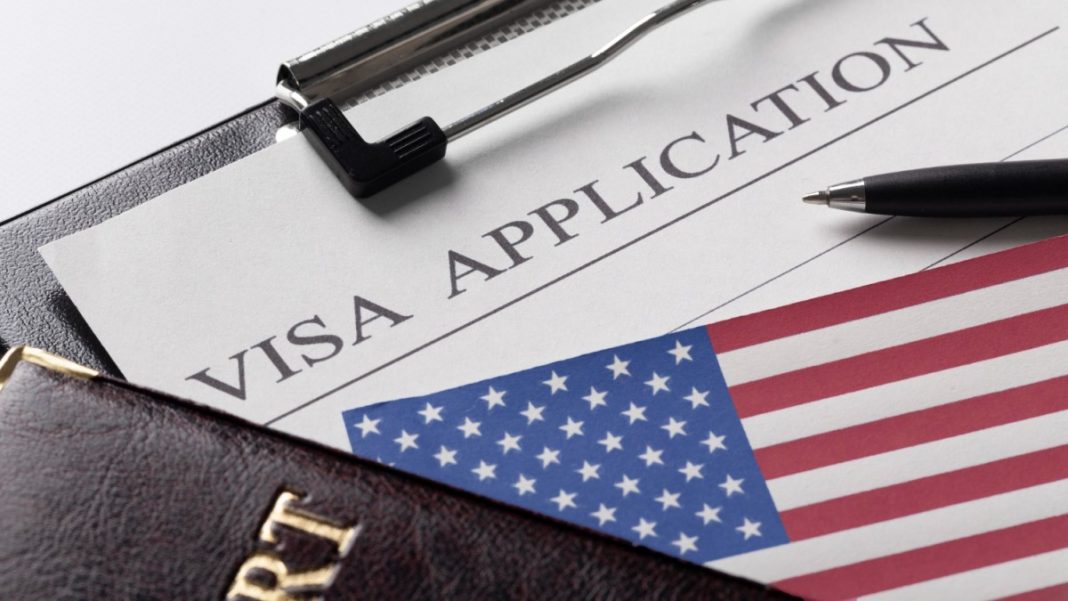The United States has decided to resume the processing of visa applications filed by foreign students.
Announcing the news on Wednesday, the US State Department said applicants will now face expanded screening, with them being required to make their social media accounts public so that the authorities can conduct enhanced checks, VisaGuide.World reports.
Under new guidance, we will conduct a comprehensive and thorough vetting, including online presence, of all student and exchange visitor applicants in the F, M, and J nonimmigrant classifications. To facilitate this vetting, all applicants for F, M, and J nonimmigrant visas will be instructed to adjust the privacy settings on all of their social media profiles to “public.”
As explained by the authorities, the failure of applicants to make their accounts public and available for review can be seen as a sign of them trying to hide their activity and thus could lead to visa rejection.
The decision to expand screening and vetting for study visa applicants comes as part of the US attempts to protect national security and public safety.
Stating that a US visa is a privilege and not a right, the State Department emphasized that it will use all available resources to identify individuals who are inadmissible, including those posing a threat to the country.
A U.S. visa is a privilege, not a right. We use all available information in our visa screening and vetting to identify visa applicants who are inadmissible to the United States, including those who pose a threat to U.S. national security.
Embassies Will Have to Review Applicants’ Online Presence Beyond Social Media Activities
According to the cable signed by the US Secretary of State, Marco Rubio, the embassies will need to review the online presence of study visa applicants beyond social media activities.
They will need to identify any signs from the applicants for “hostility towards the citizens, culture, government, institutions, or founding principles of the US”.
Moreover, embassy officials have also been instructed to flag cases of “advocacy for aid or support of foreign terrorists and other threats to the US national security” and signs of anti-Semitic harassment and violence from the applicants.
Among many other things, consular officials have also been required to check the applicants’ political activism history and to take screenshots to preserve proof.
The Trump administration halted the scheduling of student visa applications last month, leaving many students waiting anxiously. It is yet to be seen how the new decision will be received by international students.
